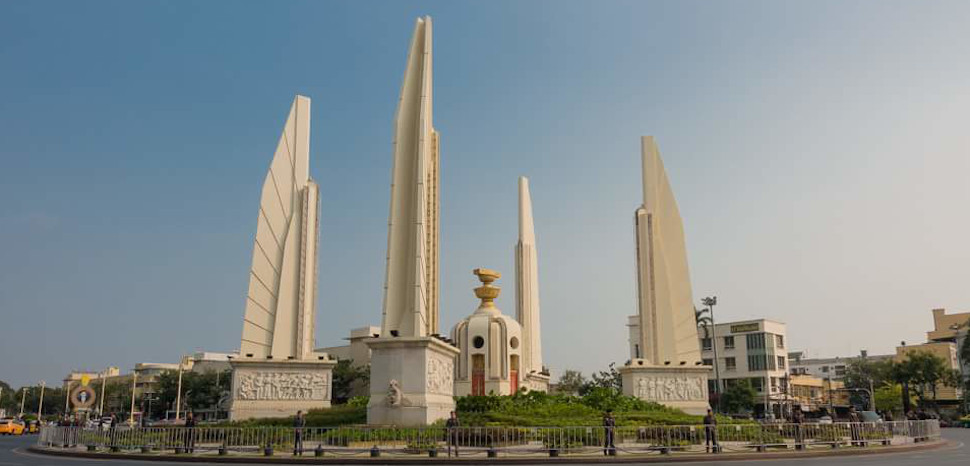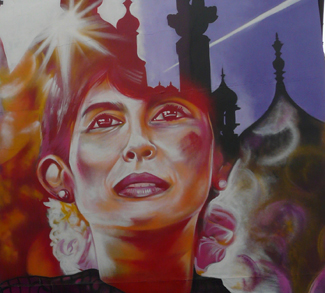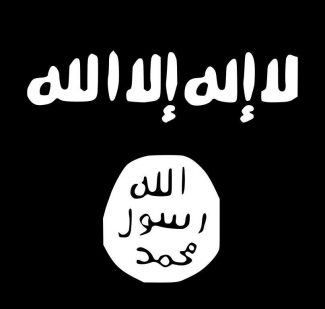Since mid-July, protestors have taken to the streets in Bangkok and other Thai cities, which come amid growing public discontent toward the government led by former military chief turned Prime Minister Prayuth Chan-ocha. The student-led rallies have struck a chord with Thailand’s disenfranchised urban youth, who have defied a ban on gatherings amid the COVID-19 pandemic to make their collective voice heard by the political elite.
The movement, based on an inclusive pro-democracy agenda, at first gathered pace amid frustration with the growing influence of the army in national politics. Since orchestrating a coup in 2014 that toppled the government of Yingluck Shinawatra, Prayuth has cemented his power via constitutional changes affording the military a central role in state affairs and a crackdown targeting critics and opposition political parties.
This stance has drawn comparisons with anti-China protests in Hong Kong and Taiwan, with many activists labelling themselves part of an emerging ‘Milk Tea Alliance’ of pro-democracy supporters across East Asia. Yet Thailand’s protests remain embedded within the national context and in recent weeks have turned to discuss the most sensitive domestic topic imaginable: the monarchy, an institution revered by many Thais.
Protestors have had to tread a fine line, as under Thailand’s strict lese-majeste laws, criticism of the King or any members of the royal family is considered an offence punishable by up to 15 years’ imprisonment. Talk has centered on reform rather than abolition. So far, relative tolerance has been granted to such views and peace has prevailed. Yet as protests persist and demands grow bolder, Bangkok’s deference may soon be tested.


![U.S. Secretary of State Michael R. Pompeo participates in the ASEAN Regional Forum Ministerial in Bangkok, Thailand, on August 2, 2019. [State Department Photo by Ron Przysucha/ Public Domain], cc Flickr U.S. Department of State, modified, http://www.usa.gov/copyright.shtml U.S. Secretary of State Michael R. Pompeo participates in the ASEAN Regional Forum Ministerial in Bangkok, Thailand, on August 2, 2019. [State Department Photo by Ron Przysucha/ Public Domain], cc Flickr U.S. Department of State, modified, http://www.usa.gov/copyright.shtml](https://www.geopoliticalmonitor.com/wp-content/uploads/2020/07/ASEAN2019-768x369.jpg)

